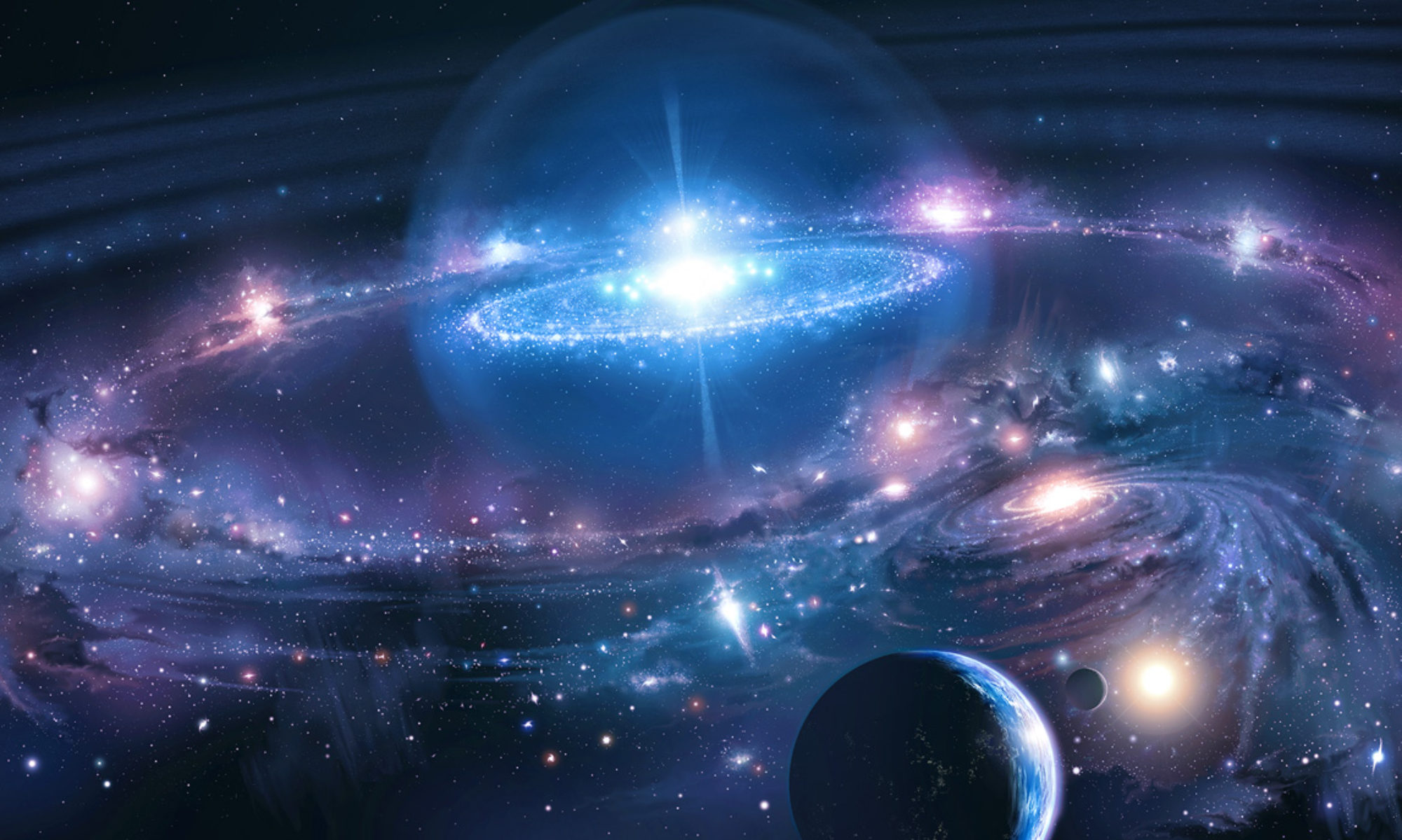Religion, Esoterism
Date : Oct., 2020
Source : Roczniki Humanistyczne

Remaining in control of oneself at the moment of death and influencing one’s future incarnation was thoroughly experimented, analyzed and codified in Taoist literature. A comparative study with the Tibetan esoteric Buddhism revealed many similarities on near-death meditation practices and other practices like phowa (transfer of conscience) and tummo (inner heat generation). The whole process enables the practitioner to let out his/her immortal inner spirit at the moment of death of the body.
The Tibetan Book of the Dead, one of the most detailed and compelling descriptions of the after-death state in world literature, says in its conclusion to the chapter on The Great Liberation by Hearing, that : “By acting correctly, yogis with high realization will successfully effect the transference of consciousness at the moment of death, and, being spared the necessity of having to wander through the intermediate states, will attain liberation in an ascending and core-penetrating manner.“
To read more : Roczniki Humanistyczne



